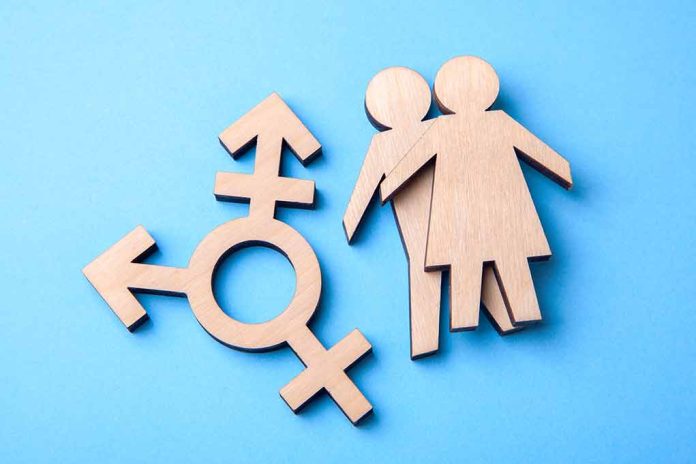
The sudden withdrawal of corporate sponsorships threatens the sustainability of LGBTQ Pride festivals in major US cities, raising concerns about the future of these celebrated events.
Key Takeaways
- LGBTQ Pride festivals, including those in cities like San Francisco, St. Louis, and Seattle, face substantial funding challenges due to a reduction in corporate sponsorships.
- Organizers are turning to local businesses, residents, and grassroots campaigns to fill financial gaps left by departing sponsors.
- Corporations are reducing support due to economic concerns and a politically hostile climate towards diversity, equity, and inclusion initiatives.
- The long-term viability of LGBTQ Pride festivals and related programs is under threat because of these financial shortfalls.
- Some corporations face pressure from conservative boycotts and the political environment, influencing their reduced support for Pride events.
Corporate Sponsorship Withdrawal
Pride festival organizers in major US cities are confronting funding challenges as corporations reassess their sponsorship strategies. According to reports, companies such as Anheuser-Busch, Comcast, Diageo, and Nissan have withdrawn sponsorships from Pride events, citing reasons ranging from economic uncertainties to pressures from conservative groups.
The political climate, coupled with objections to diversity, equity, and inclusion (DEI) initiatives, has prompted nearly two-fifths of companies to reduce their involvement. Subsequently, organizers are increasingly dependent on community donations to bridge the financial gaps left by these non-renewed sponsorships.
Community Response and Alternate Funding
In the face of reduced corporate support, Pride event organizers are turning to local businesses and community members to make up for lost funds. Organizers in cities like San Francisco and St. Louis have begun mobilizing grassroots donations to ensure the continuity of their events. Pride St. Louis, for instance, lost Anheuser-Busch as a sponsor, resulting in a $150,000 budget shortfall.
“For this many companies to be dropping off, I think, points to that we’re in a different political environment than we have been maybe in a long, long time,” said San Francisco Pride executive director Suzanne Ford.
While some corporations continue to support these festivals, albeit at a reduced level, others have altogether redirected their resources to different initiatives. Companies are reportedly navigating a challenging terrain, balancing potential boycotts and backlash against DEI efforts with their commitment to inclusivity.
‘Go woke, go broke’ principle makes US companies ditch DEI to save profits
Major US firms have found the hard way that the so-called “woke” agenda and DEI (diversity, equity and inclusion) only alienates their customers.
▪️Legendary motorcycle manufacturer Harley Davidson… pic.twitter.com/M0JjrypW0i
— Sputnik (@SputnikInt) August 24, 2024
Future of Pride Festivals
The scaling back of corporate contributions poses a significant threat to the financial sustainability and future of Pride festivals. Major events, including New York City Pride, face substantial financial deficits, which could impact not only the festivals but also associated LGBTQ+ programs throughout the year.
“Will we be able to keep the doors open? You know, that’s what I’m most concerned about now,” said Ford.
In response to this uncertainty, some Pride organizations are reevaluating their reliance on corporate funding, considering alternative funding sources that align with their values. Despite financial challenges, the organizers emphasize the need for community focus and the accessibility of events.
Sources:
- https://www.bloomberg.com/news/features/2025-04-24/corporations-scale-back-pride-parade-sponsorships-amid-dei-backlash
- https://www.cnbc.com/2025/04/27/companies-lgbtq-pride-festivals.html
- https://www.theblaze.com/news/lgbtq-pride-festival-funding-conservative-boycotts



